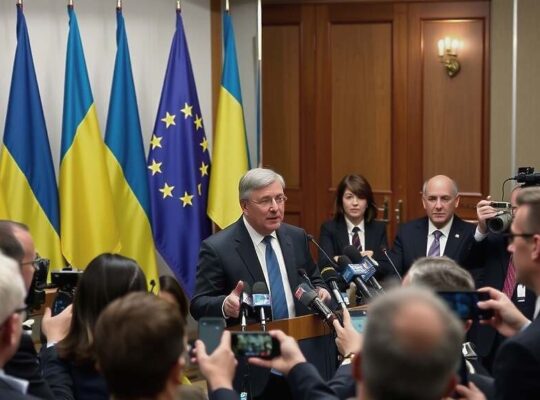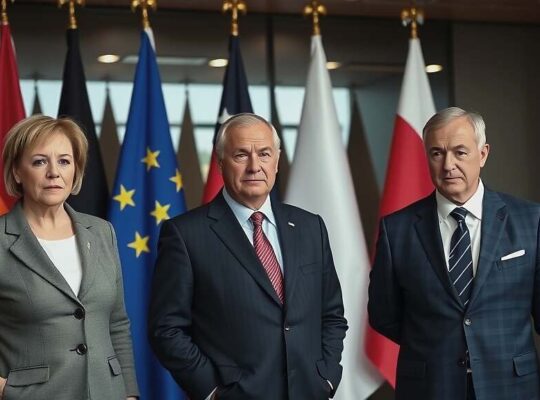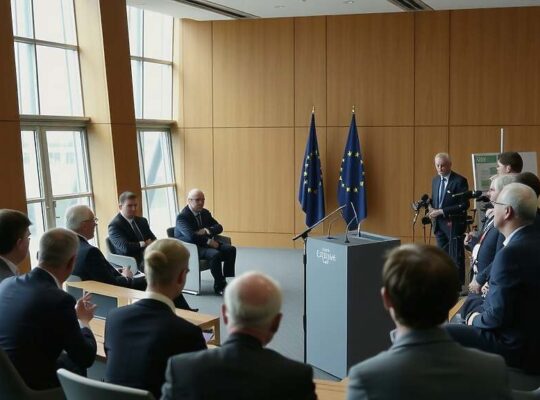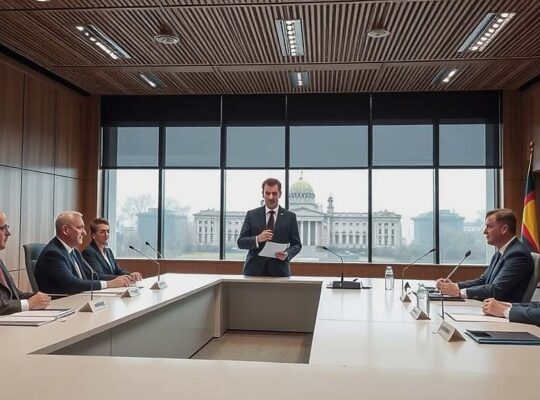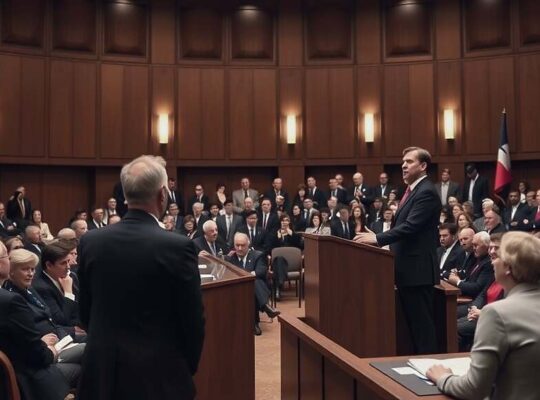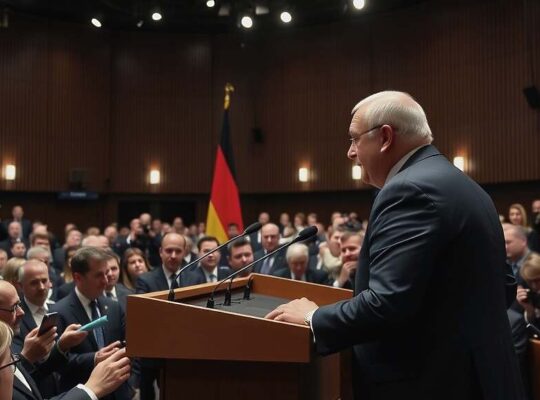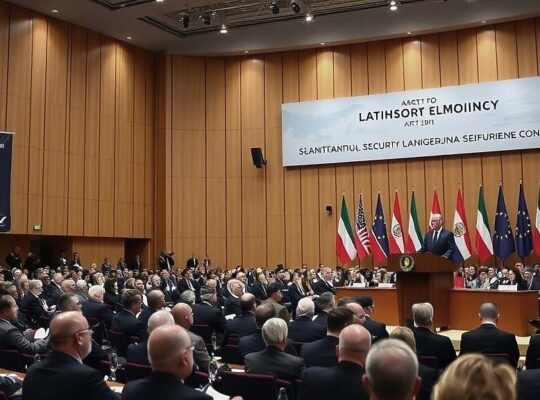Germany’s domestic intelligence agency is sounding the alarm over the recent proliferation of unidentified aerial objects, widely suspected of Russian origin, highlighting a significant gap in the nation’s defensive capabilities and a lack of coherent strategy for countering the threat. Stephan Kramer, President of the Thuringian Office for the Protection of the Constitution, bluntly stated to the Handelsblatt that Germany currently possesses “no strategy” for dealing with the suspected drone incursions.
Kramer’s critique extends beyond the absence of a defined plan; he specifically pointed to the lack of clear responsibility for drone defense in non-military scenarios and the absence of “reliable and effective” technical countermeasures. He asserted that Germany remains “a considerable distance” from possessing an adequate drone defense capability, raising serious questions about the nation’s preparedness in the face of potentially escalating geopolitical tensions.
The recent incidents have triggered a flurry of calls for a centralized and robust response. Kramer champions the newly established National Security Council as the ideal focal point for coordinating anti-drone efforts. He emphasized the necessity of “24/7-360-degree situational awareness” – providing consistent and accurate intelligence – as a foundation for informed strategic decisions. He argues that the Council’s diverse expertise, encompassing both internal and external security, makes it uniquely positioned to spearhead this essential function.
Echoing Kramer’s concerns, Marc Henrichmann, Chairman of the Intelligence Oversight Committee and a member of the CDU, stressed the vital importance of a “clear and unified situational picture” regarding drone defense. He, too, advocated for the National Security Council to consolidate responsibility and serve as the central decision-making body. However, Henrichmann tempered his endorsement with a cautionary note. He warned that simply establishing new governmental bodies are insufficient remedies if core issues of fragmented responsibilities persist. A successful response, he emphasized, necessitates “clear structures and swift decision-making” to avoid further operational paralysis.
The calls for a more streamlined and decisive approach underline the growing unease within German security circles, raising fundamental questions about the country’s ability to safeguard its airspace and protect against potential hybrid warfare tactics.



